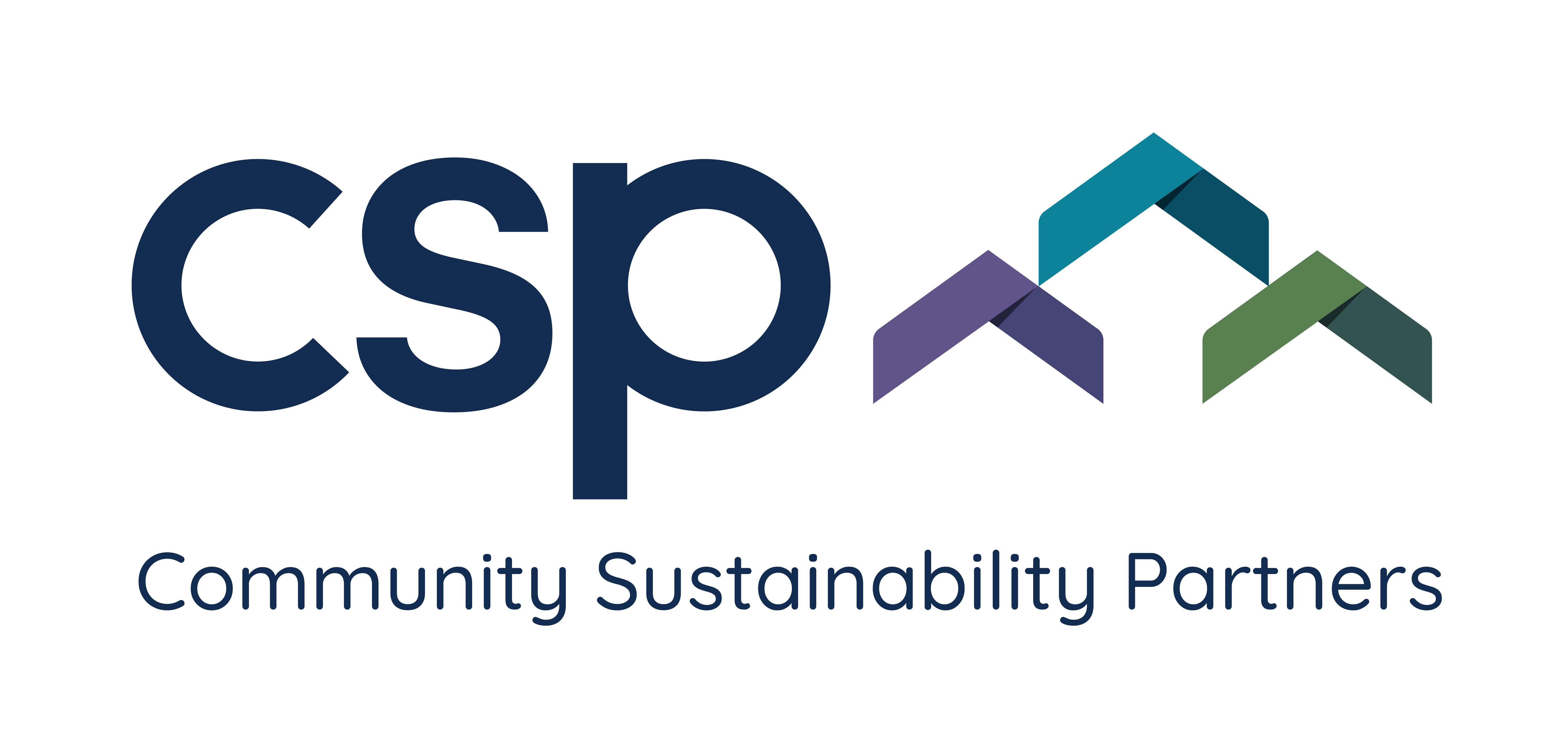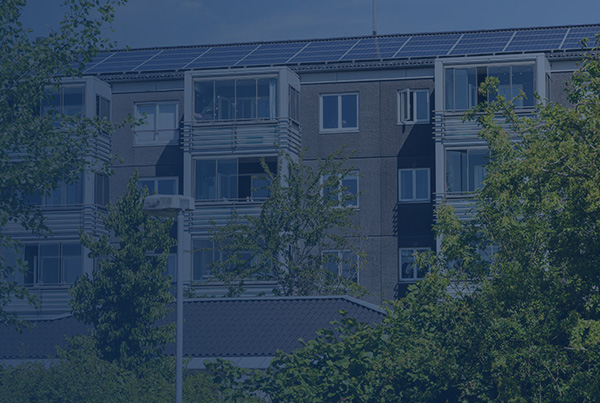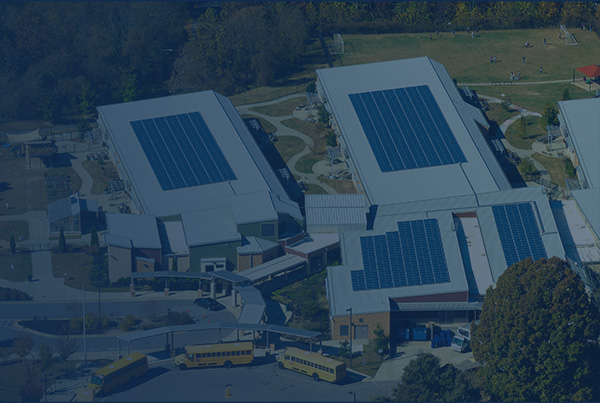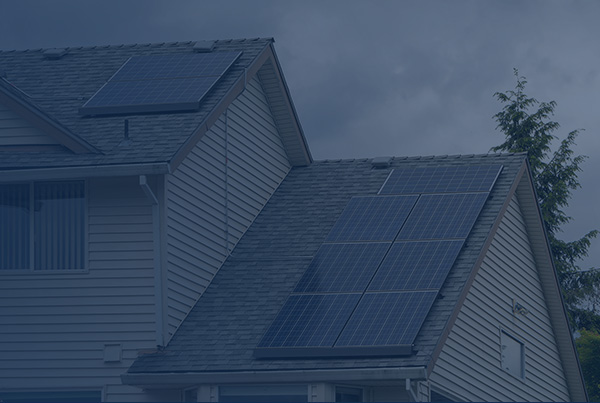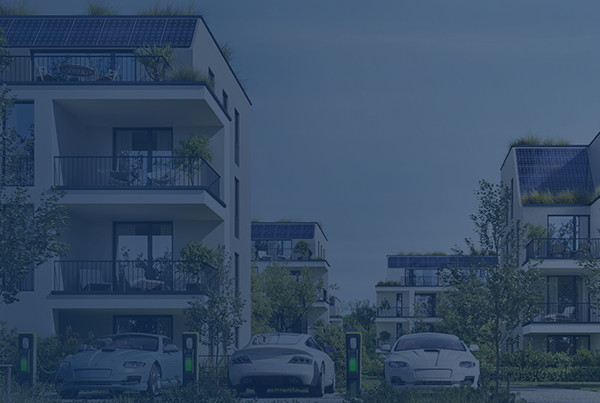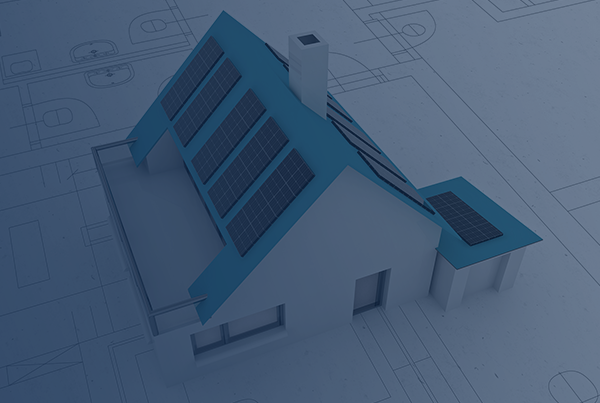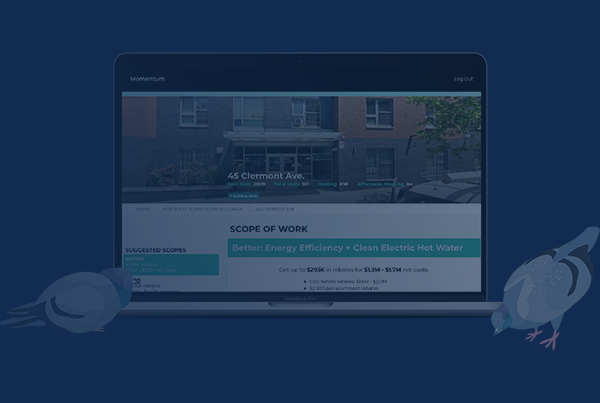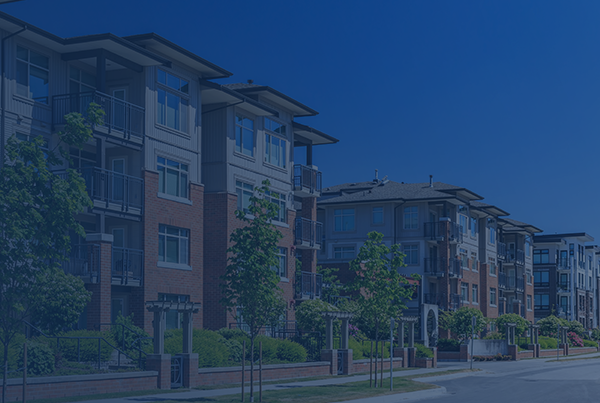Technical Assistance for
Accelerate projects with the expertise of Technical Assistance (TA) Providers
A CSP initiative with the The Clean and Equitable Buildings Collaborative, generously supported by:
TA Providers Play a Crucial Role
TA Providers are qualified experts in design, development, and construction. They are dedicated to creating environmentally friendly, energy efficient and safe homes, commercial buildings, and community facilities. Finding appropriate technical assistance providers to support building owners, property managers, and lenders is key to a smoother process and successful outcomes. Learn more about how TA Providers can help bring your clean energy building project to fruition.
How TA Fits in the Project Lifecycle
Predev & Project Scoping
- Architect/Designer
- Engineer
- Energy Auditor
- Project Developer
Finalize Scope and Budget
- Owner’s Rep
- Project Developer
Economics and Funding
- Financial Consultant
- Project Developer
Construction
- Contractor
- Project Developer
Asset Management and O&M
- Commissioning Agent
- O&M Provider
- Project Developer
How do TA Providers help grow the overall market?
Information and Resources
Develop, curate, and maintain information in various formats to raise awareness, “educate” the market, and guide building owners and managers about energy efficiency. Examples are case studies, technical primers, policy updates, directories, best practice guides, market trends, and information on events, classes, and other resources. Provided mostly online; typically free and accessible to all.
Training
Trainings include offering classes, technical training, and continuing education credits. This category of programming can include formal professional education and training opportunities typically for certification or CECs. This can also include training for community lenders to build capability for climate lending.
Workforce Development
Comprehensive set of activities that includes training, education, and career development aimed at improving the skills, capabilities, and overall performance of the workforce to meet the needs of evolving industries (e.g., solar), enhance employability, and support long-term career advancement.
Program/Member Association
A member organization that connects and/or represents the interests of collective related industry stakeholders. The association can facilitate training and education, and provide resources in building energy projects and financing.
What do TA Providers do at the project level or at the project/building level?
Architecture and Design
A broad range of professional services provided by architects, designers, and related professionals in the creation, planning, and construction of buildings. In the context of net zero emissions buildings, architecture and design can include activities to maximize energy efficiency, optimize resource allocation, improve tenant comfort and health, and use innovative construction methods.
Engineering
Firms with professionally licensed engineers that do on-site visits and provide energy audits, construction management, inspections, performance testing, etc. This includes structural and mechanical engineering.
Energy Audits
A comprehensive evaluation of a building’s energy use to identify energy savings opportunities. Energy audits can vary in level of comprehensiveness, ranging from a basic walk-through to more detailed in-depth analysis. Integrated physical needs assessments can include energy audits, meaning that the energy audit accounts for energy efficiency and the physical condition and structural needs of the building.
Technology
Tech companies that span that provide innovative solutions, leveraging advanced technology and data analytics, to help with building energy projects. Tech services can include energy efficiency and optimization software, carbon tracking and reporting, and smart building technologies.
Owners Representative Services
Provide support for building owners / property managers to make decisions throughout the construction project, including contractor selection and management, financial planning and budgeting, equipment selection, and training of building operations staff.
Contractor
Third-parties that help a city/utility run their program – e.g., building resource hub, utility incentives program; can also run a concierge service platform for building owners directly.
Operations and Maintenance (O&M) and Commissioning
Services that ensure buildings operate efficiently, safely, and sustainably. O&M is the ongoing management and upkeep of a building’s systems and equipment after construction completion. Operations is the day-to-day, ongoing management of building systems to ensure that they perform as intended. Maintenance is the regular and preventive activity to extend the useful life of equipment and systems. Commissioning is a quality assurance process to ensure that building systems and equipment are designed, properly installed, tested, and operating as expected. Commissioning occurs primarily before and during the construction phase.
What is a Clean Energy Building Project?
A clean energy building project strives for net-zero emissions, either through new building development or existing building upgrades.
Net zero can be defined as:
Highly energy efficient
The building is among the most efficient of its size and use-type (e.g., Energy Star score of 75 for existing buildings and 90 for new construction)
Free of on-site emissions from energy
No gas, oil or coal is combusted in the building other than for emergency back-up
Powered solely from clean energy
Electricity generated off-site to serve the building is from renewable or non-emitting sources, or emissions are captured
Who do TA Providers help?
TA providers can generally be thought of serving three customer categories:
Lenders
TA Providers aid in getting transactions done, as well as training lenders to boost their energy financing capacity
Borrowers
TA Providers assist in getting projects to meet GGRF Qualified Project standards and loan products
Market Advancement
TA Providers can provide resources, marketing, education, and outreach activities to advance the market
What types of buildings do TA Providers work on?
All building sectors can benefit from technical assistance in clean energy building projects:
Multifamily Housing
Multiple separate units within one building or several buildings in a complex
Affordable Housing
Affordable housing is defined as housing for 80% Area Median Income (AMI) or below
Single Family
Buildings occupied by one household
Commercial
Office, retail, hotel, MUSH
Community/ Small Business
Buildings for community facilities and non-commercial small businesses
Find a TA Provider
The TA Database lists 250 qualified building-focused technical assistance providers who can help guide clean energy building projects from start to finish.
Technical Assistance Webinar Series
The goal of this series is to foster collective efforts to build out the TA infrastructure needed to deploy funding for building decarbonization in disadvantaged communities.
About The Collaborative
The Clean and Equitable Buildings Collaborative (the “Collaborative”) is a group of industry practitioners, bringing together our expertise in affordable housing, building decarbonization finance, community development, and climate and energy policies, dedicated to helping build the capacity of non-profit and mission-driven Technical Assistance (TA) Providers.
The Collaborative works to:
- Support TA Providers to work with Community Lenders to ensure equitable and efficient deployment of the Greenhouse Gas Reduction Fund (GGRF) and other federal funding opportunities.
- Help build the capacity of non-profit and mission-driven TA Providers to integrate and leverage their tools and approaches to drive more uptake of clean energy, energy efficiency, and resiliency in LIDACs.
- Support the scale-up of TA Provider operations, expansion of geographic reach, facilitation of strategic partnerships (e.g. with Community Lenders), and related fundraising needs.
Near-Term Goal: Support mission-driven and non-profit TA organizations to create the foundation of a nationwide robust TA ecosystem, and to facilitate partnerships with GGRF recipients (and philanthropy) to advance that vision.
Long-Term Goal: Build a robust ecosystem of TA, which includes providing financing options, across every region of the US to help building owners decarbonize their projects, with a focus on low-income and disadvantaged communities.
